Facial Contouring Surgery
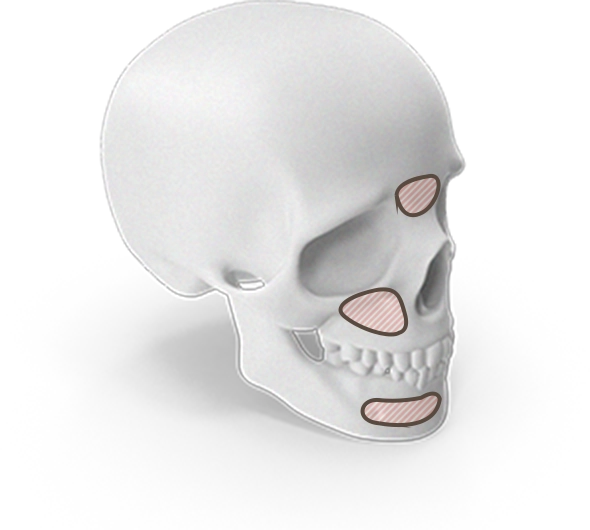
Implant insertion surgery
Inserting implants to add
volume to specific areas.
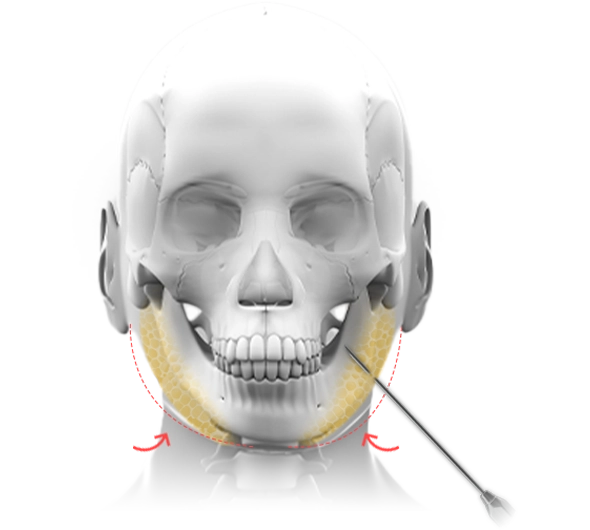
Liposuction
Refined V-line after the surgery.
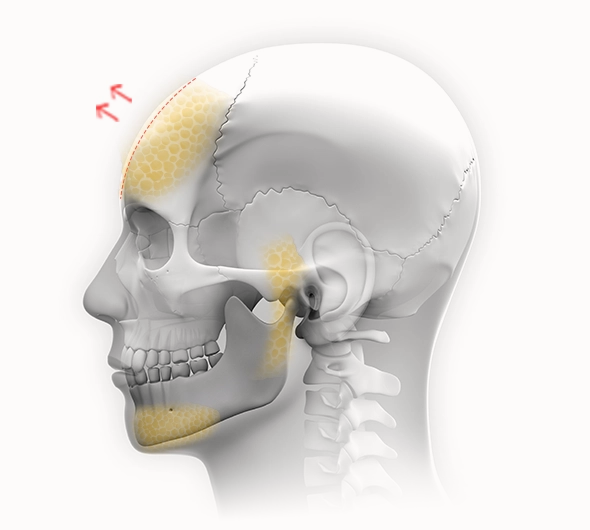
Fat grafting
Filling volume in sunken areas
with fat grafting.
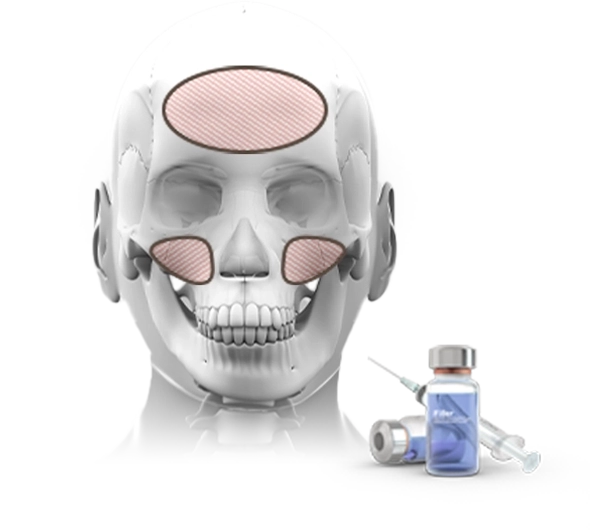
Filler
Injecting filler into sunken areas
to add volume.
Soft Tissue Contouring Surgery
(Non-Osteotomy)
For a beautiful face, proper volume and proportion are essential.
The volume in the forehead and cheeks gives a dimensional and
lively look, while a chin with the right length creates a sleek facial line.
Removing excess fat can make the contour lines more prominent.
We add volume where needed and reduce it where there’s excess.
In some cases, appropriate implants are used to add volume or length.
This allows us to create a beautiful facial contour without shaving the bone.
No bone
shaving
Natural
line
Beautiful
V-line
345 Youtube
Watch the video on
Soft Tissue Contouring
Check out the information about contouring surgery that is performed without bone shaving in the video.
345 Youtube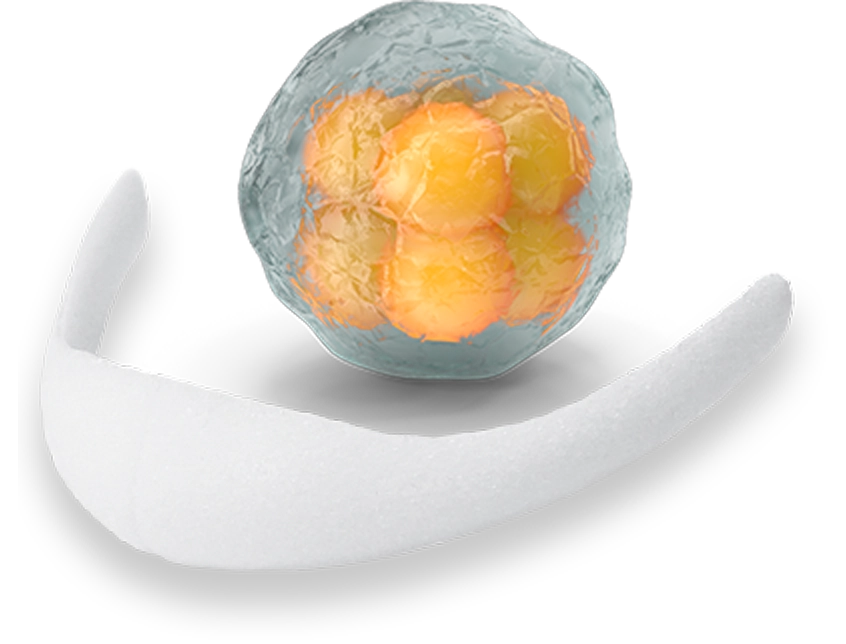
Implants & Fat Grafting
These two methods each have their own advantages and disadvantages, and choosing the right method is important.
First, quick recovery time
Since no bone shaving is involved, the recovery time is short.
Second, custom design through an analysis system
Through detailed analysis, we fill in the deficient areas of the face to create a beautiful line.
Third, various surgical methods
We select from a range of methods such as implants, fat grafting, and liposuction to perform the surgery in the most effective way.
Controlling facial contour without bone surgery
Non-bone shaving contouring surgery
it does not involve any bone shaving.
At 345 Plastic Surgery Clinic, we accurately analyze facial shapes
and use various methods to perform non-bone shaving contouring surgery.
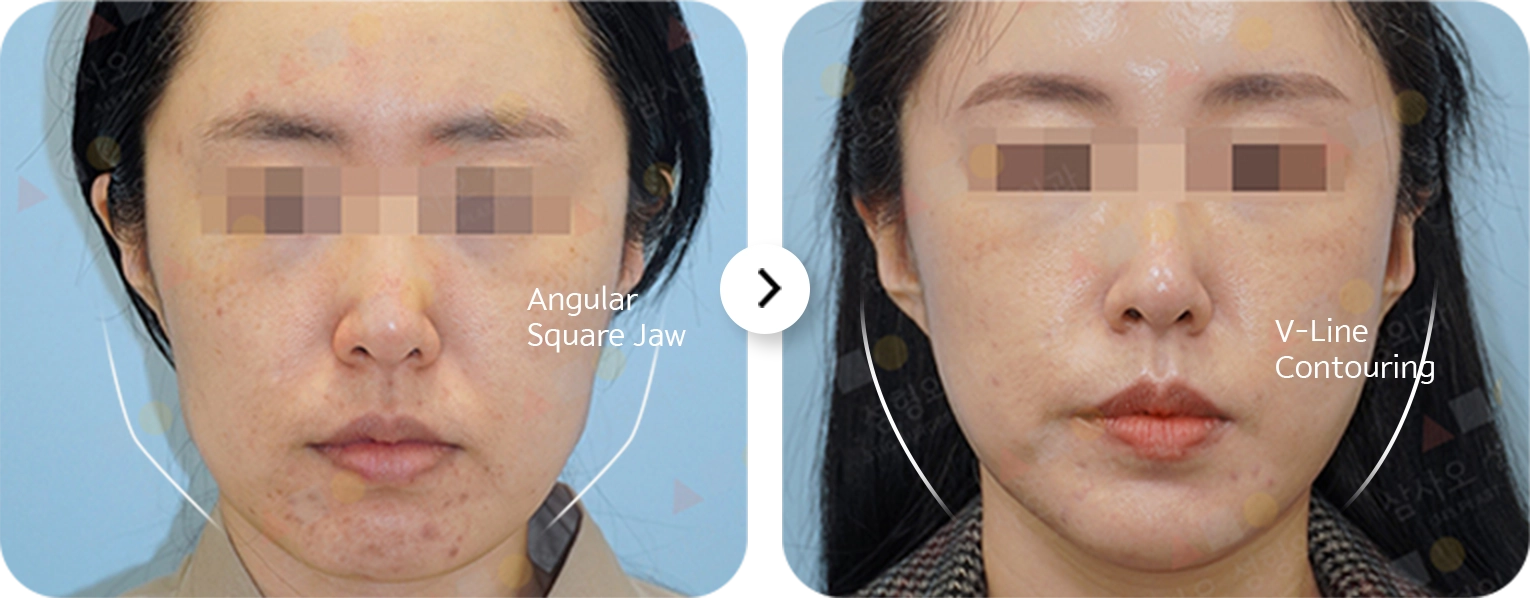
Case
01
Implants are inserted based on the desired contour and area.
At 345 Plastic Surgery Clinic, our bone and soft tissue specialists collaborate to develop a surgical plan. Based on the desired facial contour, line, and area, various surgical methods are available and the optimal method is chosen after thorough consultation.
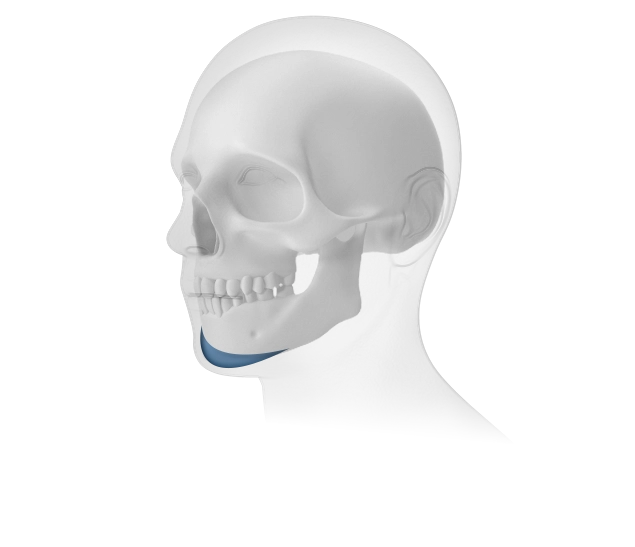
type 01
Chin Implant
If you have a receding or short chin, an implant is inserted in the chin area to enhance its shape and define the line.
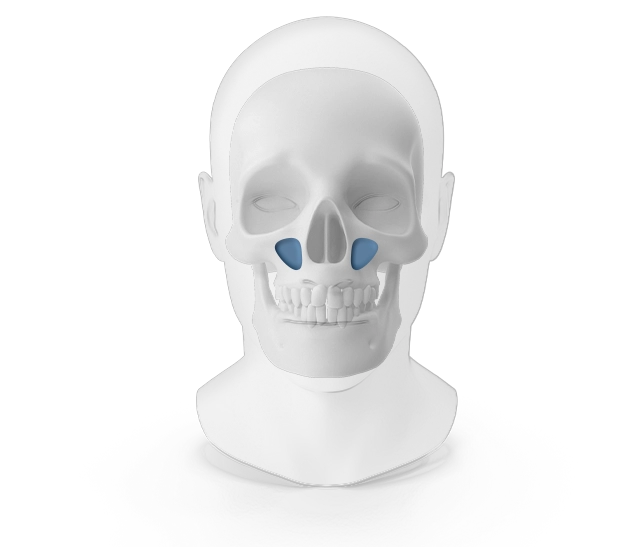
type 02
Paranasal Implant
If the mid-face area is underdeveloped or the areas around the nose are sunken, paranasal implants are used to create a more defined and three-dimensional face.
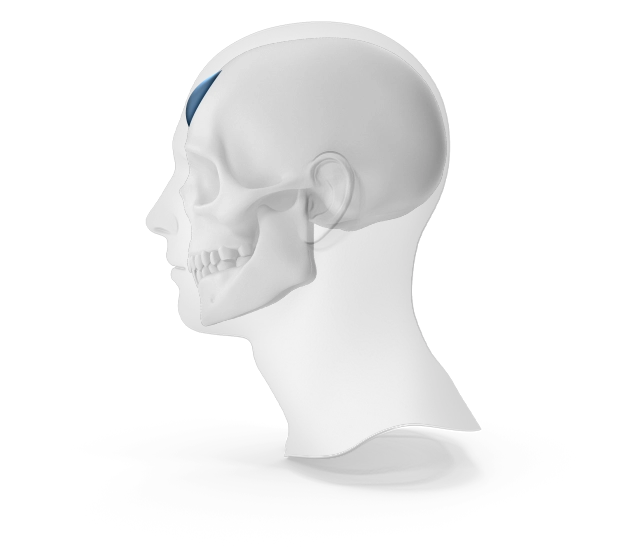
type 03
Forehead Implant
If a flat or low forehead makes the face appear flat, a forehead implant can be used to create a rounded and attractive forehead line.
Soft Tissue Contouring Surgery Info
Quick Overview of
Soft Tissue Contouring Surgery
Achieve beautiful facial contours without bone shaving by using volume-enhancing implants when needed. Learn more about our Soft Tissue Contouring approach.

Surgery Time
30 minutes.

Anesthesia
IV Sedation
Hospital Stay
Not required
Follow-Up Visit
1 visit
(stitch removal)
Recovery
Daily activities possible after 1 day
Case
02
Fat Grafting Depending on the area, at is transplanted.
Fat grafting for contouring is a non-surgical method that utilizes the patient’s own fat to enhance facial contours. This procedure is typically performed in two stages: first, fat is harvested from a specific area (e.g., abdomen, thighs), and then it is transplanted into areas with insufficient volume to naturally create facial dimension and contour.
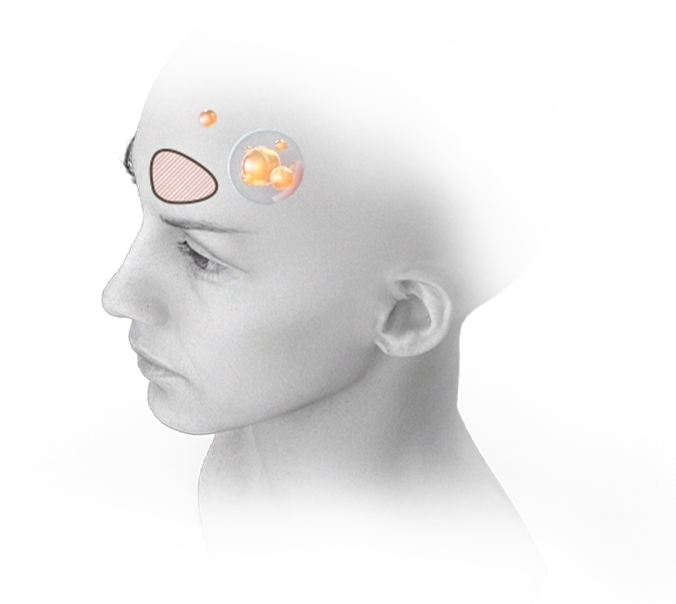
type 01
Forehead
If your forehead is flat or angular, fat grafting is used to improve the contour.

type 02
Eyelids & Under-Eye Areas
If your eyes appear heavy and the eyelids along with the under-eye areas seem sunken, fat is injected to enhance your overall appearance.
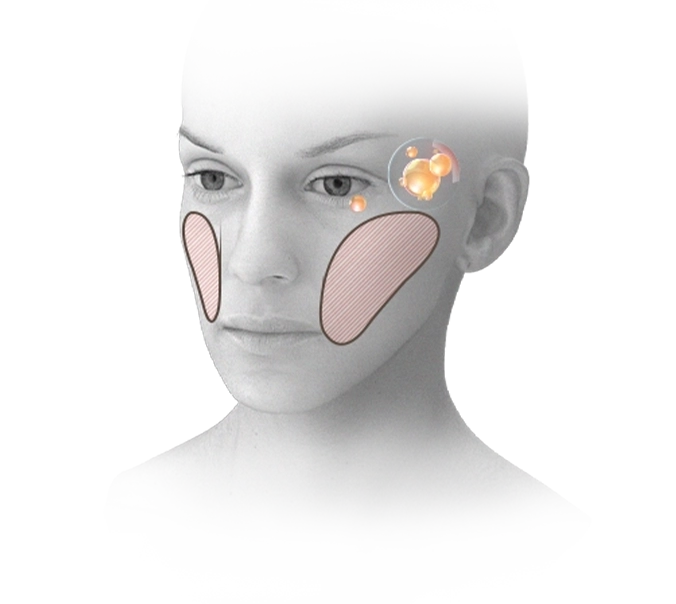
type 03
Anterior Zygoma, Nasolabial Folds & Cheeks
If the cheekbones are lacking—resulting in a flat appearance—or if pronounced nasolabial folds or sagging cheeks create an undesired impression, improvement is possible.
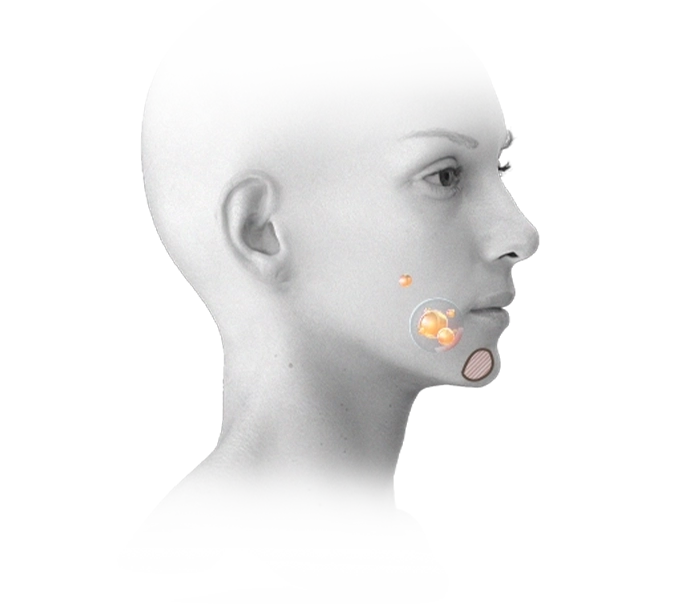
type 04
Chin
For a recessed chin, fat grafting can be used to enhance the chin line and transform your appearance.
Soft Tissue Contouring Surgery Info
Quick Overview of
Soft Tissue Contouring with Fat Grafting
Refine facial volume and structure with fat grafting—without bone surgery. Explore how Soft Tissue Contouring brings natural balance to your face.

Surgery Time
30 minutes – 1 hour

Anesthesia
IV Sedation
Hospital Stay
Not required
Follow-Up Visit
Follow-up needed if sutures present
Recovery
Daily activities possible after 1 day
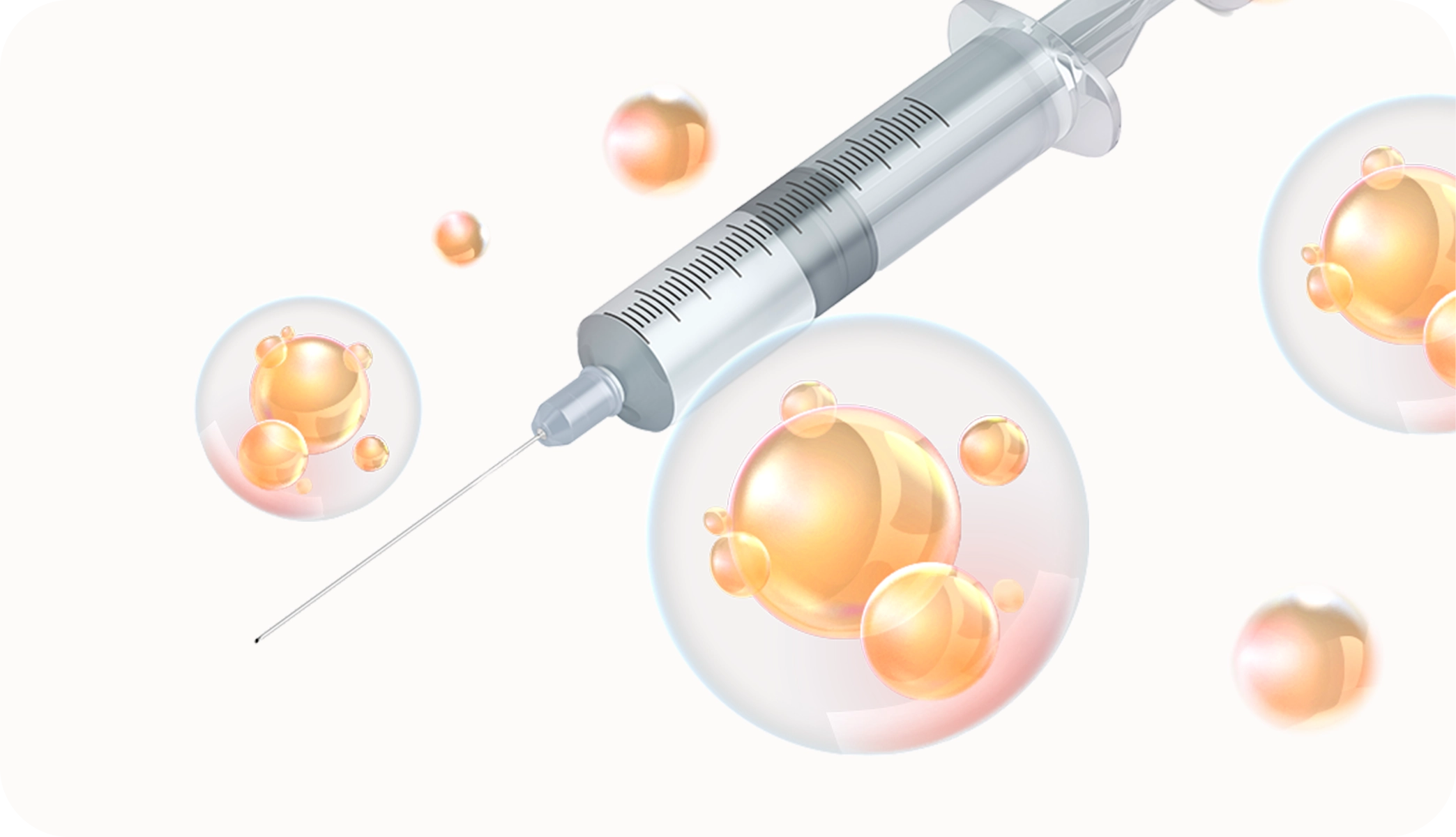
Don't miss this!
Why 345 Fat Grafting Is Special
We use only purified fat to increase the survival rate.
To harvest fine, uniform fat particles, microcannulas are used for liposuction,
minimizing the risk of damage from negative pressure.
Minimizing Scarring with Microcannulas
We use single-use microcannulas to ensure a safe procedure with minimal risk of complications.
Unlike standard needles, the rounded and slender tip helps minimize damage to surrounding tissue.
Case
03
Removal of Deep Cheek Fat
In cases where there is excess or drooping deep cheek fat, removal of this fat reduces deep facial volume and achieves a balanced V-line.
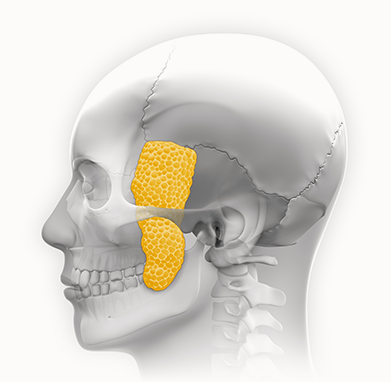
STEP 01
Buccal Fat Removal
in the target area.
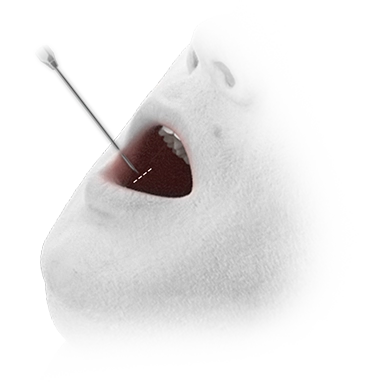
STEP 02
Intraoral Incision
make a 0.5 to 1 cm incision inside the mouth.
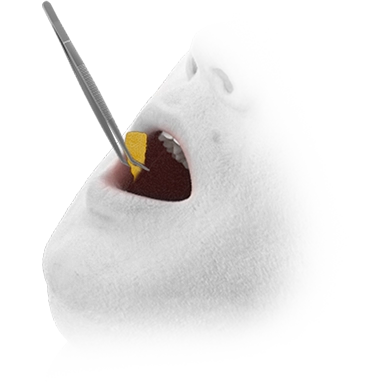
STEP 03
Fat Removal
Remove a predetermined amount of deep cheek fat through the incision.
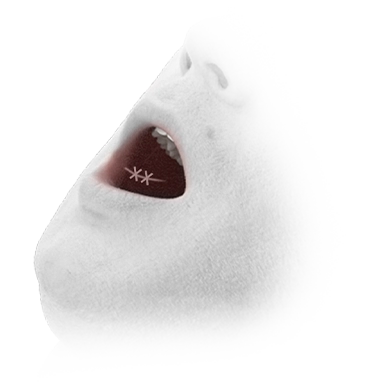
STEP 04
Suturing
to complete the procedure.
Soft Tissue Contouring Surgery Info
Quick Overview of Soft Tissue Contouring with Buccal Fat Removal
Remove excess inner-cheek fat to define your lower face, without bone shaving. See how Soft Tissue Contouring enhances facial harmony.

Surgery Time

Anesthesia
IV Sedation
Hospital Stay
Not required
Follow-Up Visit
1 visit
(Suture removal at 2 weeks)
Recovery
Daily activities possible after 1 day
Case
04
Unnecessary fat is removed from each targeted area.
Soft Tissue Contouring liposuction removes excess fat from the face or neck to create a slimmer, more defined facial contour.
The procedure is performed through minimal incisions, allowing for quick recovery and natural-looking results.
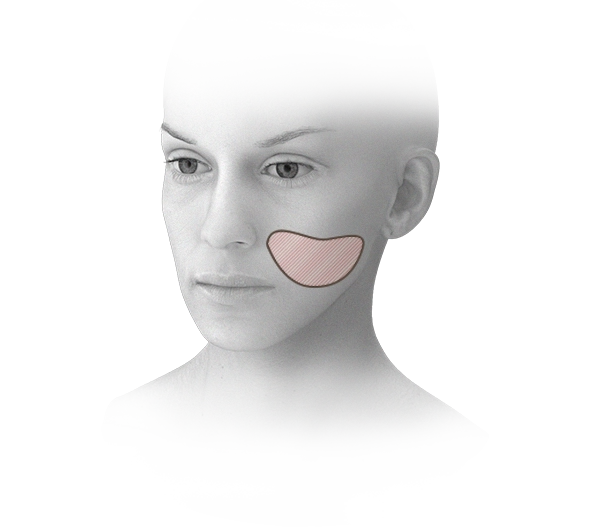
type 01
Cheek Fat Liposuction
Liposuction in the cheek area can be combined with implant insertion to enhance facial volume and contour.
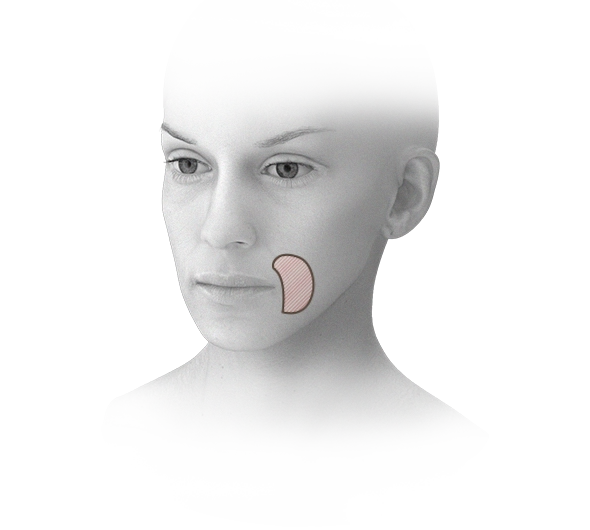
type 02
Mid-Facial Fat Liposuction
For patients with a flat or underdeveloped mid-face, targeted liposuction helps create a more balanced and three-dimensional appearance.
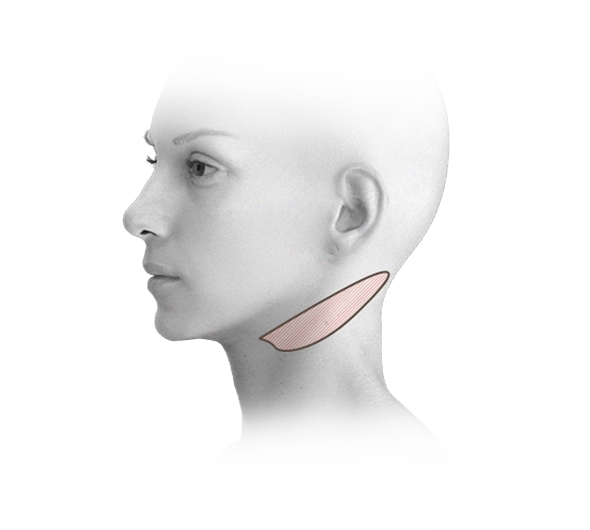
type 03
Chin Line Fat Removal
If excess fat is obscuring the chin and jawline, liposuction can help sculpt a slimmer and more defined lower face.
Soft Tissue Contouring Surgery Info
Quick Overview of Soft Tissue Contouring with Liposuction
Sculpt a slimmer, more contoured face with facial liposuction—no bone shaving needed. Discover how Soft Tissue Contouring reveals your ideal jawline.

Surgery Time
30 minutes – 1 hour

Anesthesia
IV Sedation
Hospital Stay
Not required
Follow-Up Visit
Recovery
Daily activities possible after 1 day
Case
05
Filler is injected into areas that require volume.
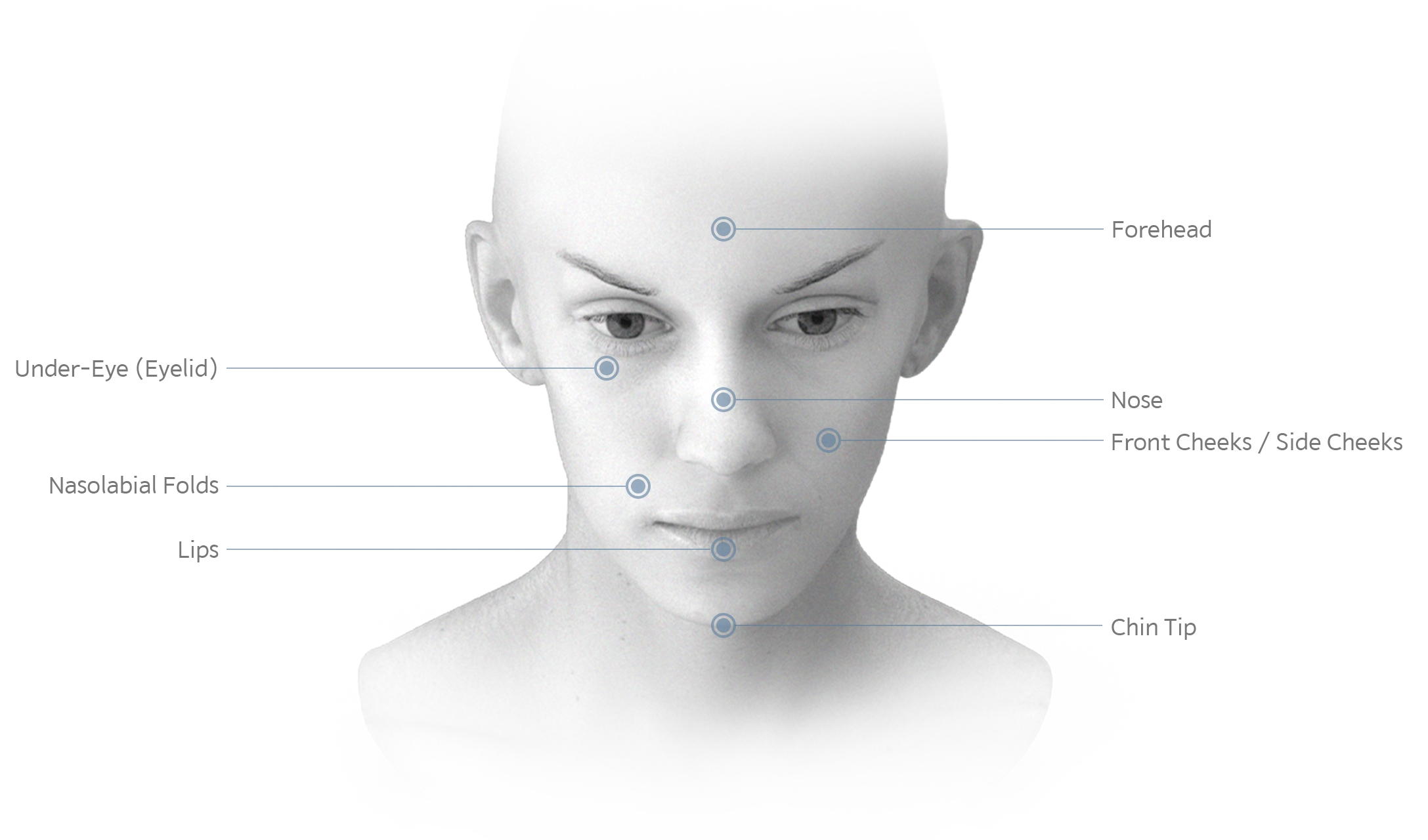
Filler treatments can be applied to various areas of the face.
Soft Tissue Contouring Surgery Info
Quick Overview of
Soft Tissue Contouring with Filler
Enhance facial contours with filler-based contouring—no bone shaving required. Learn more about this beautiful non-osteotomy facial contouring procedure.

Surgery Time

Anesthesia
Topical or Local Anesthesia
Hospital Stay
Not required
Follow-Up Visit
Not required
Recovery
Face washing possible on the same day
Recommended target
Recommended for
these individuals
Are you concerned about surgery?
Feel free to inquire!
01
Volume Enhancement
If you want to naturally restore volume to sunken areas of the face.
02
Secondly, Instant Results
If you’re looking for visible improvement right after the procedure.
03
Thirdly, No Surgery Anxiety
If you’re hesitant or uncomfortable with surgical procedures.
04
Fourthly, Subtle Aesthetic Change
If you’d like to enhance your appearance with a light, non-invasive treatment.
Frequently Asked Questions
About Facial Contouring
When can the screws be removed after facial contouring surgery?
There is no fixed rule for removing the screws. However, after a long period post-surgery, bone may cover the screws or plates, making removal more difficult. It is best to remove the screws (plates) after the bone has fully healed, before any bone buildup or secondary changes occur. While removal is possible starting from 6 months post surgery, our clinic typically recommend waiting around 1 year post surgery for screw removal.
Will cheek sagging always occur after cheekbone reduction surgery?
Generally, when undergoing bone surgery, the reduction in bone structure causes the surrounding tissue to shrink accordingly. The time (recovery period) and degree of this shrinkage can vary depending on the individual. If a significant amount of bone is removed due to highly developed cheekbones, or if there is already sagging skin, the outcome may differ. However, it cannot be said that cheek sagging will definitely occur just from cheekbone reduction surgery.
During consultations, it is possible to predict the extent of sagging, and it is advisable to plan the surgery based on the current condition. At our clinic, if sagging is expected, we often combine the surgery with a lifting procedure, referred to as “Cheek Lifting,” (Zygoma) to address this concern.
Can I undergo orthodontic treatment after facial contouring surgery?
Orthodontic treatment can generally begin about 1 month after facial contouring surgery without any issues. During the first month post-surgery, you are in the recovery phase, and actions like opening your mouth or chewing may be uncomfortable and different from before the surgery, so caution is necessary.
Additionally, surgeries such as cortical bone removal or masseter muscle reduction may be performed simultaneously, causing the surgical areas to become tightly healed. As a result, opening the mouth may not feel as natural. If you are considering orthodontics, it’s recommended to first go through the recovery process for about a month. Since recovery times vary among individuals, it’s important to consult with an orthodontist to determine if you can proceed with treatment based on your current condition.
Why is there a loss of sensation after cheekbone surgery?
There is one important nerve to be cautious of during cheekbone surgery—the infraorbital nerve, which is responsible for sensation in the front cheekbones, lips, and gums. Depending on the dissection area, the nerve may be slightly stretched, which can lead to a temporary decrease in sensation in the affected area.
However, as long as the nerve is not cut or severely damaged during the surgery, sensation will gradually return over time, so there is no need to worry.